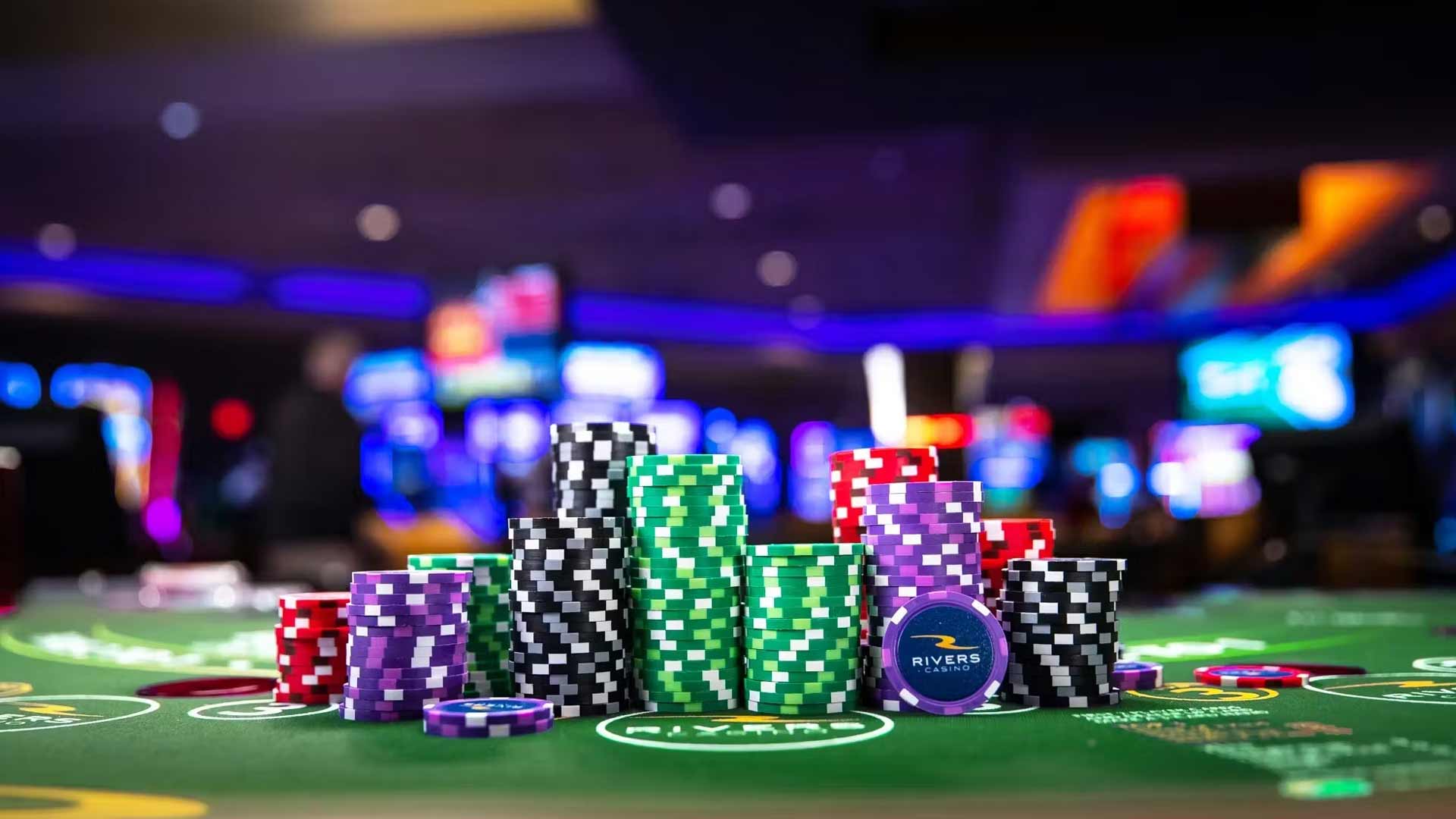Casinos and the Influence of Pop Culture

Casinos and the Influence of Pop Culture
The glittering allure of casinos has long been a potent force in the realm of popular culture. From the silver screen to chart-topping music, the casino environment, with its inherent drama, high stakes, and potential for life-altering wins, provides fertile ground for storytelling and entertainment. This symbiotic relationship has, in turn, significantly shaped public perception and the very image of these establishments.
One of the most profound influences has undeniably come from cinema. Think of iconic films like "Ocean's Eleven," where a suave ensemble pulls off an elaborate casino heist, or "Casino Royale," showcasing James Bond in a high-stakes poker game. These movies, and countless others, have painted casinos as glamorous, sophisticated, and often the backdrop for thrilling narratives. They have imbued the casino experience with an aura of excitement and intrigue, drawing audiences into a world where fortunes can be made or lost in a single spin of the roulette wheel. The visual styling, the suspenseful music, and the charismatic characters all contribute to a romanticized version of casino life that resonates deeply with the public imagination.
Beyond the cinematic realm, music has also played a significant role. Many songs reference casinos, using them as metaphors for risk, chance, or even love. Whether it's the thrill of hitting the jackpot or the heartbreak of losing it all, musicians often tap into the emotional intensity associated with gambling. These lyrical references, played on radios and streamed across platforms, further embed the casino into the cultural consciousness, associating it with a range of human experiences.
The rise of television has also contributed to the pervasive presence of casinos in pop culture. Reality shows focusing on high-stakes poker tournaments have brought the competitive world of professional gambling into living rooms worldwide. These programs demystify some aspects of casino gaming, while simultaneously highlighting the skill, strategy, and sheer nerve required to succeed at the highest level. The relatable personalities of the players, coupled with the dramatic tension of each hand, make for compelling television that further fuels interest in casino games.
The internet has amplified these influences to an unprecedented degree. Online casinos, readily accessible through platforms like m88 slot login, have made casino gaming a mainstream activity. This accessibility has, in turn, fostered a new wave of pop culture engagement. Slot machine themes are frequently inspired by popular movies, TV shows, and music artists, further blurring the lines between entertainment and gaming. Esports, a burgeoning form of pop culture, also sees elements of chance and strategic betting that echo the casino environment.
Furthermore, the aesthetic of casinos – the flashing lights, the immersive sounds, the opulent décor – has permeated other forms of entertainment. Many video games incorporate casino-like mini-games or settings, allowing players to experience a taste of the casino thrill in a virtual world. This cross-pollination ensures that the imagery and atmosphere associated with casinos remain constantly visible and engaging to a broad audience.
The influence of pop culture on casinos is a two-way street. While movies and music showcase the casino lifestyle, casinos themselves often leverage popular culture trends to attract patrons. They host themed nights, feature celebrity endorsements, and create immersive experiences that tap into existing cultural phenomena. This strategic alignment ensures that casinos remain relevant and appealing in an ever-evolving entertainment landscape.
In conclusion, the relationship between casinos and pop culture is multifaceted and dynamic. From dramatic cinematic portrayals to the ubiquitous presence of online gaming, popular culture has consistently shaped the perception and allure of casinos. This ongoing influence ensures that the glittering world of chance and entertainment continues to captivate imaginations and drive engagement, creating a feedback loop that benefits both industries.